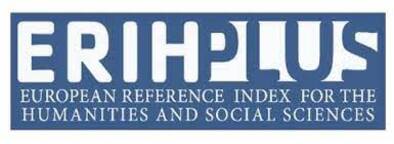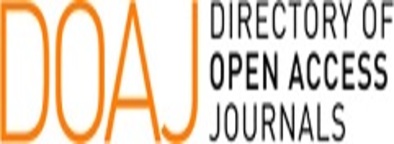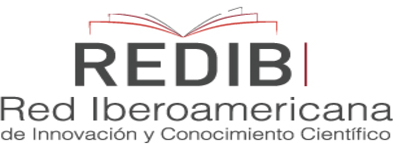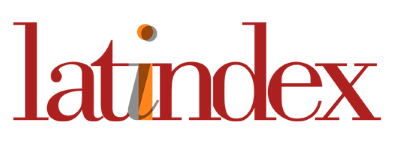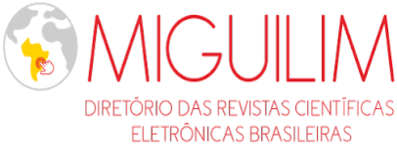O Problema da Hipótese na Linha Dividida da República de Platão
DOI:
https://doi.org/10.47456/sofia.v14i1.47534Palavras-chave:
hipótese, linha dividida, bem, PlatãoResumo
Ao lançar a imagem da Linha, no Livro VI da República, Sócrates diz que a alma passa por quatro estágios de investigação: suposição (εἰκασία), crença (πίστις), pensamento discursivo (διάνοια) e inteligência (νόησις). No terceiro estágio, embora a investigação já trate da hipótese das Formas, o tipo de operação intelectual que encontramos aí não permite avançar para o próximo, correspondente à Forma do bem. Isso ocorre porque pela via do pensamento discursivo, que envolve processos lógicos, não é possível alcançar o “princípio de tudo”. Há, então, que abandonar a investigação por hipóteses e fazer uso exclusivo de outro tipo de operação intelectual, não mais instrumental, mas intuitiva. É por essa razão que apenas pela via da nóesis, da visão direta, se pode chegar ao conhecimento do bem. Esse artigo faz uma análise da distinção desses dois tipos de operações de raciocínios presentes na Linha dividida.
Palavras-chave: Hipótese. Linha dividida. Bem. Platão.
Referências
ANNAS, J. An introduction to Plato's republic. Oxford: Oxford University Press, 1981.
ARISTÓTELES. Metafísica. Tradução de Geovanni Reale. São Paulo: Edições Loyola, 2014.
CHERNISS, H. Aristotle’s Criticism of Plato and the Academy. Baltimore: Johns Hopkins Press, 1944.
CORNFORD, F. M. Mathematics and Dialectic in the Republic VI-VII. (I). In: Mind, nº 41, 1932, p. 37-52.
DIXSAUT, M. Platon et la Question de l'Âme Études Platoniciennes II. Paris: Vrin, 2013.
HACKFORTH, R. Plato's Divided Line and Dialectic. In: Classical Quarterly, nº 36, 1942, p. 1-9.
KAHN, Charles. Plato and the Socratic Dialogue: the philosophical use of a literary form, Cambridge: Cambridge University Press, 1998.
PEREIRA, Maria Helena da Rocha. In: PLATÃO. A República. Introdução, tradução e notas de Maria Helena da Rocha Pereira. Lisboa: Fundação Calouste Gulbenkian, 2014. p. XVI.
PLATÃO. A República. Introdução, tradução e notas de Maria Helena da Rocha Pereira. Lisboa: Fundação Calouste Gulbenkian, 2014.
PLATÃO. A República [ou sobre a justiça, diálogo político]. Trad. Anna Lia Amaral de Almeida Prado. São Paulo: Martins Fontes, 2006.
PLATÃO. Carta VII. Tradução do grego e notas José Trindade Santos. São Paulo: Loyola, 2008.
PLATÃO. Fédon. Introdução, versão do grego e notas. Maria Tereza Schiappa de Azevedo. São Paulo: Editora Universidade de Brasília, 2000.
PLATÃO. Filebo; Timeo; Critias. Traducciones, Introducciones y Notas por. Maria Ángeles Durán y Francisco Lisi. Madrid: Editorial Gredos; 1992.
PLATÃO. Mênon. Texto estabelecido e anotado por John Burnet, tradução de Maura Iglésias. São Paulo: Loyola; Rio de Janeiro: Editora PUC-Rio, 2001.
PLATÃO. Oeuvres complètes. Traduction Luc Brisson et al. Paris: Flammarion, 2008.
PLATÃO. O Político. Tradução do grego, introdução e notas de Carmen Isabel Leal Soares. Lisboa: Temas e Debates, 2008.
PLATÃO. Plato’s Statesman. A translation of the Politicus of Plato with introduction, essays and footnotes by J. B. Skemp. New Haven: Yale University Press, 1952.
REALE, G.; ANTISERI, D. História da Filosofia: Antiguidade e Idade Média. Vol. 1. São Paulo: Paulus, 1990.
ROBINSON, R. Plato's Earlier Dialectic. New York: Cornell University Press, 1941.
SAYRE, K. Dialectic in Plato’s late dialogues. PLATO JOURNAL, 16, 2017, p. 81-89.
STENZEL, J., Plato's method of dialectic. trad: D. J. Allan, Oxford, Calendron Press, 1940.
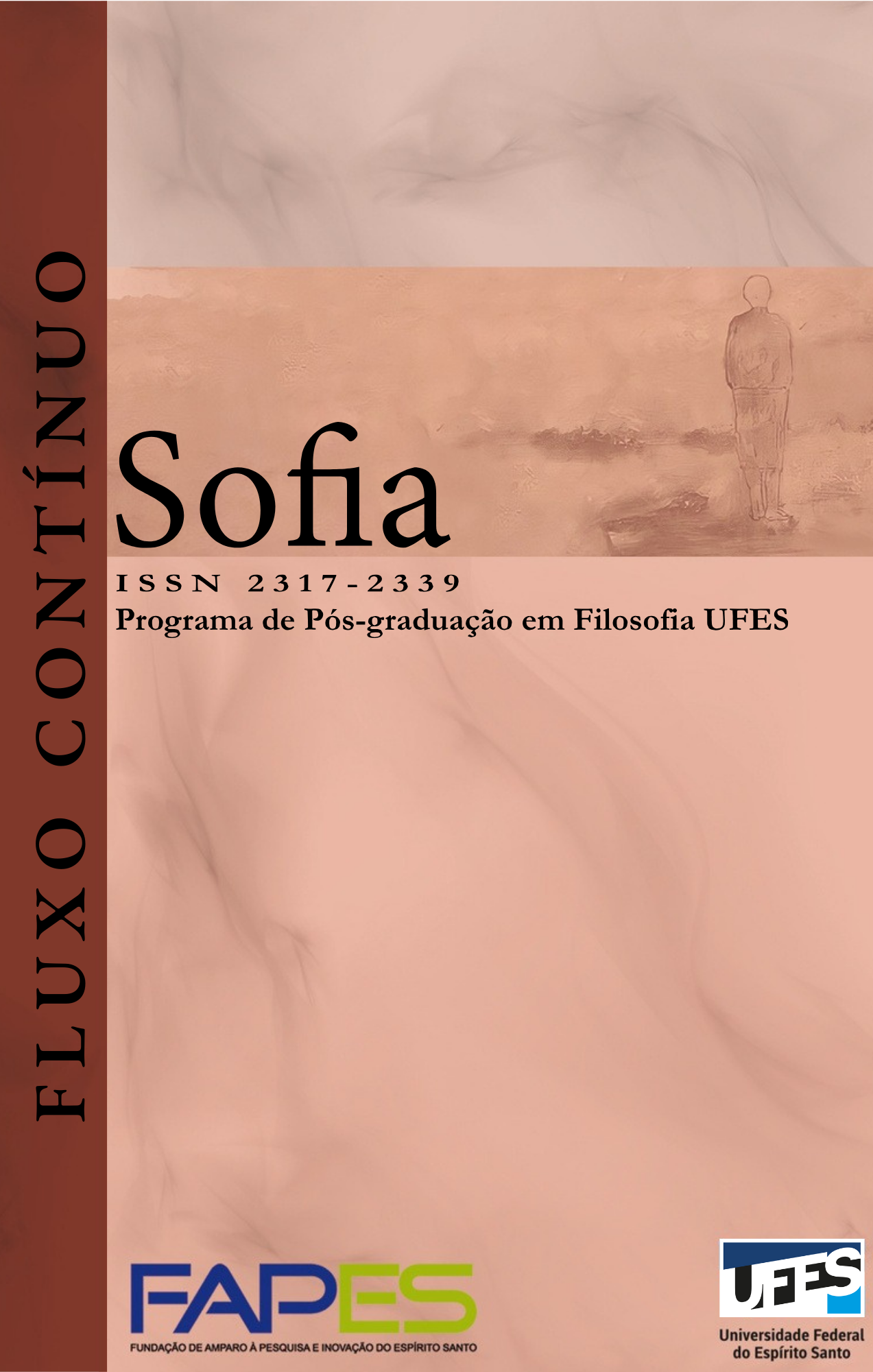
Publicado
Edição
Seção
Licença
Copyright (c) 2025 Weriquison Simer Corbani

Este trabalho está licenciado sob uma licença Creative Commons Attribution 4.0 International License.
Dada a política de acesso público da revista, o uso dos textos publicados é gratuito, com a obrigação de reconhecer a autoria original e a primeira publicação nesta revista. Os autores das contribuições publicadas são inteiramente e exclusivamente responsáveis por seus conteúdos.
I Os autores autorizam a publicação do artigo nesta revista.
II Os autores garantem que a contribuição é original e assumem total responsabilidade pelo seu conteúdo em caso de impugnação por terceiros.
III Os autores garantem que a contribuição não está sob avaliação em outra revista.
IV Os autores mantêm os direitos autorais e concedem à revista o direito de primeira publicação, sendo o trabalho licenciado sob uma Licença Creative Commons Atribuição-BY.
V Os autores são autorizados e incentivados a divulgar e distribuir seu trabalho on-line após a publicação na revista.
VI Os autores dos trabalhos aprovados autorizam a revista a distribuir seu conteúdo, após a publicação, para reprodução em índices de conteúdo, bibliotecas virtuais e similares.
VII Os editores reservam o direito de fazer ajustes no texto e adequar o artigo às normas editoriais da revista.





